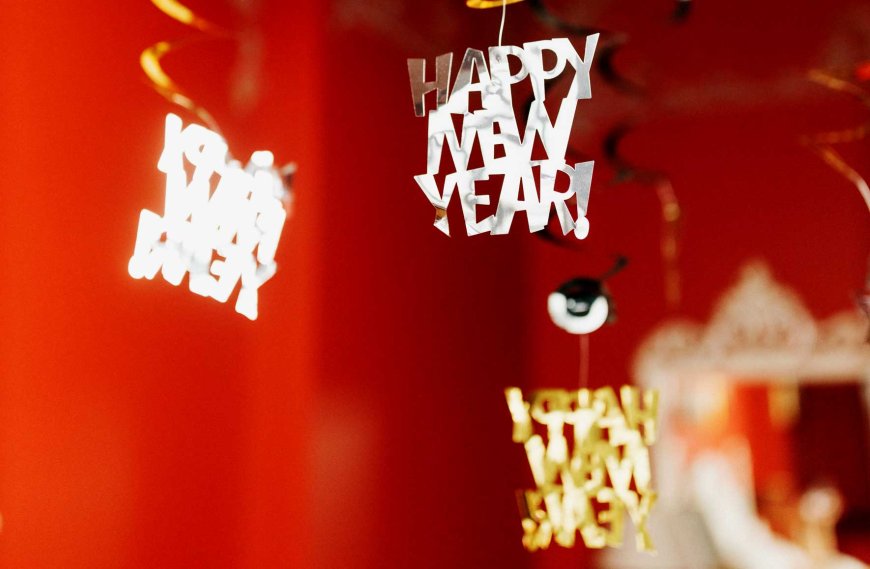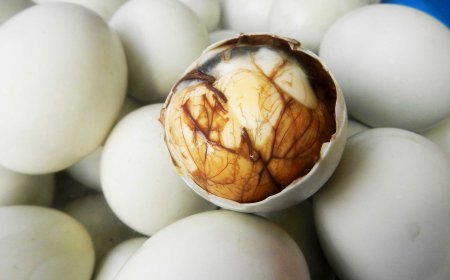Celebrating a Prosperous New Year
The rich traditions and cultural significance of the Filipino New Year festivities. From the dazzling countdown to midnight and the symbolic Media Noche feast, unique traditions that define this joyous occasion in the Philippines.

"The Filipino New Year Celebration: Manigong Bagong Taon"
As the clock strikes midnight on December 31st, the Philippines transforms into a spectacle of lights, sounds, and vibrant celebrations, marking the arrival of the much-anticipated "Manigong Bagong Taon," or Happy New Year. Rooted in rich cultural traditions and a deep sense of community, Filipinos welcome the new year with a unique blend of festivities that reflect the nation's resilience, optimism, and commitment to family ties.

Historical Significance
The celebration of Manigong Bagong Taon in the Philippines has deep historical roots, intertwining indigenous practices with influences from Spanish colonization and global traditions. The New Year festivities have evolved over the years, incorporating a mix of local customs and contemporary trends, making it a truly Filipino celebration.

Countdown to Midnight
The countdown to midnight on New Year's Eve is a nationwide affair, with cities and towns aglow with dazzling firework displays, reminiscent of a star-studded sky. Families gather in homes, public squares, and beaches, eagerly awaiting the moment when the clock strikes 12. The air is filled with joyous cheers, laughter, and the sound of firecrackers, creating a symphony of celebration.

Media Noche: A Feast of Abundance
A central aspect of Manigong Bagong Taon is the festive midnight feast known as "Media Noche." This elaborate meal is a symbol of abundance and prosperity, featuring an array of traditional Filipino dishes believed to bring good fortune. Families prepare sumptuous feasts that include dishes like "lechon" (roast pig), "pancit" (noodles), and a variety of sweets. The act of sharing this bountiful meal with loved ones is considered a gesture of unity and solidarity.

Round Fruits and Prosperity
A common New Year's Eve tradition in the Philippines involves the inclusion of round fruits in the Media Noche feast. Filipinos believe that round shapes symbolize coins and bring prosperity for the coming year. Families often display 12 different kinds of round fruits, each representing a month of good luck.

Welcoming the New Year with Open Doors
Another interesting custom during Manigong Bagong Taon is the practice of leaving doors and windows open as the clock strikes midnight. This tradition is rooted in the belief that open doors invite positive energy, good fortune, and happiness into the home. It is a gesture of welcoming the opportunities and blessings that the new year may bring.

Fireworks and Firecrackers
Fireworks and firecrackers are an integral part of the New Year celebration in the Philippines. Beyond being a visual spectacle, the loud noises are believed to drive away evil spirits and misfortune, ensuring a fresh start for everyone. Local governments often organize official fireworks displays, while individuals and communities contribute to the festive atmosphere with their own colorful pyrotechnics.

Resilience and Hope for the Future
Manigong Bagong Taon encapsulates the Filipino spirit of resilience and hope. Despite facing challenges, Filipinos embrace the new year with optimism, viewing it as an opportunity for renewal and positive change. The celebration reflects a deep appreciation for family, community, and the enduring spirit that unites the diverse archipelago.

"Bagong Taon" is more than just a change in the calendar—it is a celebration deeply rooted in Filipino culture, history, and a collective spirit of resilience. As the nation bids farewell to the old and welcomes the new, the festivities serve as a powerful reminder of the Philippines' unwavering ability to find joy and hope, even in the face of adversity. HAPPY NEW YEAR!
Find Cheap Flight Tickets to any Destinations in Japan and the Philippines
Nipino.com is committed to providing you with accurate and genuine content. Let us know your opinion by clicking HERE.































































